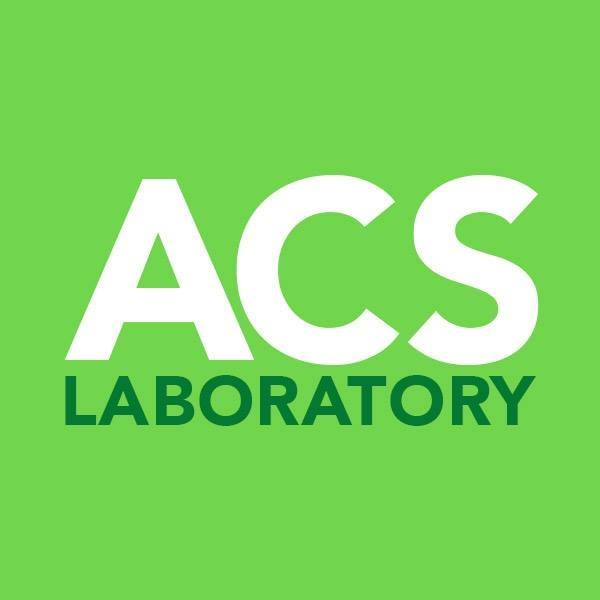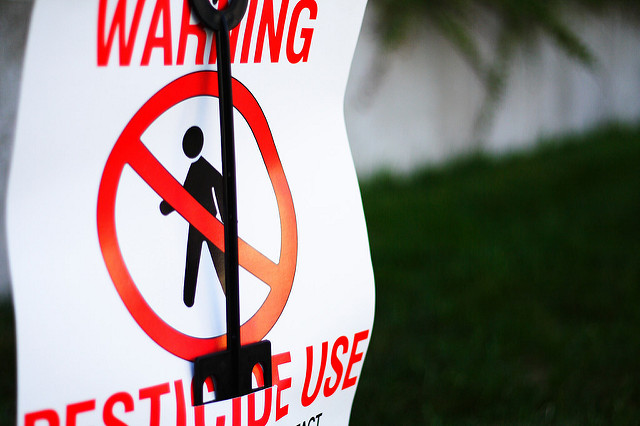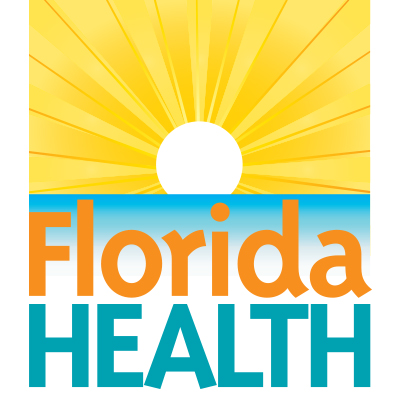While Luxembourg is a tiny country in the middle of Europe, it is beginning to play an outsized role in pushing all aspects of the cannabis discussion forward in the EU.
The country has steadily moved forward on integrating cannabis into the medical system. In 2018, medical cannabis was tested in a pilot project and is now available, on prescription, from a limited number of hospital pharmacies since February of this year. The program, at least from the Department of Health’s perspective, has been “very successful” so far in the words of Health Minister Etienne Schneier.
So, as a result, the next phase of the transition is going into effect. The budget for doctor training and medical cannabis purchases will be increased from €350,000 to €1.37 million next year. The drug will also be available from all pharmacies. Overall, the government has allocated a budget of €228 million for its cannabis “pilot” next year – an increase of €22m in 2019.
Canopy Growth Moves Into A Prime Position
 Canopy Growth also announced last month that it has now become the exclusive supplier of medical cannabis to the country in a deal that extends through the end of 2021 (in other words presumably until recreational reform becomes legal). This is an interesting twist of events, given that Aurora announced it was the first company to import the drug into the country last year.
Canopy Growth also announced last month that it has now become the exclusive supplier of medical cannabis to the country in a deal that extends through the end of 2021 (in other words presumably until recreational reform becomes legal). This is an interesting twist of events, given that Aurora announced it was the first company to import the drug into the country last year.
This is certainly a new chapter in the ongoing competition between the two Canadian companies who have, since 2017, essentially split Europe’s “first entries” between them (with the exception of Tilray in Portugal).
It also comes at a time when Aurora has just lost its third license in Italy to cultivate.
The clash of the cannatitans continues.
Why Is Luxembourg’s Cannabis Experiment So Interesting?
The increasingly strategic position of this tiny country on the cannabis discussion cannot be discounted.
 In the summer of 2018, it was the government’s decision to change the law on medical cannabis use that preserved the ability of Germans to continue to buy cannabis stocks. Confused? The Deutsche Börse, in Frankfurt, the third largest stock exchange in the world, claimed that it could not “clear” stock purchases last summer because their clearing company, based in Luxembourg, could not close the transactions in a country where even medical cannabis was still off the table. When Luxembourg changed their law, in other words, the Deutsche Börse had to reverse course.
In the summer of 2018, it was the government’s decision to change the law on medical cannabis use that preserved the ability of Germans to continue to buy cannabis stocks. Confused? The Deutsche Börse, in Frankfurt, the third largest stock exchange in the world, claimed that it could not “clear” stock purchases last summer because their clearing company, based in Luxembourg, could not close the transactions in a country where even medical cannabis was still off the table. When Luxembourg changed their law, in other words, the Deutsche Börse had to reverse course.
Since then, this tiny country has continued to challenge the cannabis discussion in the EU – also announcing that a full-boat recreational program will be enacted within the next two years (almost certainly by 2021). This aggressive timetable will also move the discussion in almost every EU regulation still on the table, and probably position the country as the only one in Europe where a fully integrated medical and recreational policy is in place. Even Holland does not cover medical cannabis these days. Dutch insurers stopped covering the drug in early 2017 – just as the German government changed its own laws.
Luxembourg, in other words, has now effectively pulled at least on par with Denmark and Germany in the cannabis discussion, with recreational now the agenda. And appears to be willing to preserve its medical program after recreational comes.
Who says size matters?
The “Colorado” Of Europe?
One of the reasons Colorado was such a strategic state in the cannabis discussion in the U.S. was undoubtedly its “purple” status – i.e. a state which politically swung both ways on a range of policy issues.
 Luxembourg in fact, as the seat of the European Courts of Justice, may end up playing the same role in Europe – but on a national level.
Luxembourg in fact, as the seat of the European Courts of Justice, may end up playing the same role in Europe – but on a national level.
In fact, the battle here increasingly resembles not Canada, but the U.S., as individual countries begin to tackle the cannabis question in their own way – both within and beyond the EU rubrics on the drug.
Will the United States legalize federally before the EU changes its tune? That is unknowable.
However, for the moment, the market leader in the EU to watch is undoubtedly Luxembourg, no matter its geographical size and population count.
As usual, cannabis reform enters through a crack, and widens from there. Luxembourg appears to be, if not the only crack, then certainly one of them that is turning into a decently sized crevice in the unyielding wall of blanket prohibition.
 This certification comes after the Florida Department of Health adopted an emergency rule, requiring dispensaries to only use a certified lab for product testing. Dispensaries (or medical marijuana treatment centers as the state calls them) in Florida have until December 24, 2020 to sell products tested before June 24, 2020.
This certification comes after the Florida Department of Health adopted an emergency rule, requiring dispensaries to only use a certified lab for product testing. Dispensaries (or medical marijuana treatment centers as the state calls them) in Florida have until December 24, 2020 to sell products tested before June 24, 2020.
































